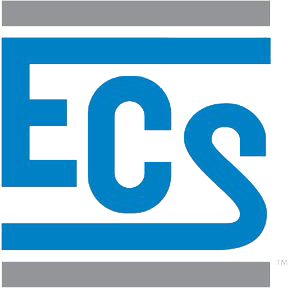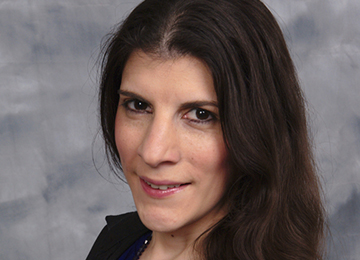so you can understand the diverse perspectives of your team
It’s always interesting to talk with people and find out what exactly motivates their passion to succeed. Diana Krass-Hofmann is a Senior Environmental Project Manager based in the ECS Chantilly, Virginia office. She’s been with the firm since 2014, and has moved rapidly up the ranks because of her work ethic, her expertise, experience, and her drive to succeed. Diana attributes much of her success from the way she was raised by her parents. She says, “I learned from them early on that it’s okay to fail, but learn from the lesson at hand and always keep going.”
In her current position, Diana provides technical review for client deliverables and manages the industrial hygiene staff amongst the central offices of Mid-Atlantic Environmental. Along with her drive to succeed, she brought some management experience with her to ECS. Diana started overseeing ECS environmental staff fairly soon after she arrived in the Chantilly office. “I just took the bull by the horns,” she explains. She’s now responsible for managing environmental industrial hygiene staff at multiple levels ranging from technicians to senior project managers.
Diana believes one management style doesn’t fit all. “My professional role is part task manager, part psychologist, and part mother hen. Managing people is figuring out how others learn, and helping them to communicate. It’s important to realize where your staff is coming from. Employees have to learn how to be self-sufficient, use critical thinking, and be problem solvers. But they also need to feel safe. Most of the time, they want to do the right thing, but they may not have had proper guidance.”
“To be a good team leader, you have to be willing to demonstrate the behaviors you want to see. How do you tackle each situation? Do you provide lots of guidance, or do you pull back? This is different for every person on your staff. I don’t like to leave anybody hanging and you need to give people room to grow.”
“Our workload is not seasonally driven, so knowing who needs help with their schedule, what’s going on with each project, and what needs to be reviewed are some of the questions that I ask on a daily basis. Face-to-face time is not always possible because my staff is in multiple offices, but we make it work. My goal as a manager is to be a resource for my team, not just providing solutions to their problems in the here and now, but to help them develop the catalog of experiences and wherewithal to make sound decisions on their own. And above all – think beyond yourself, so you can understand the diverse perspectives of your team.

